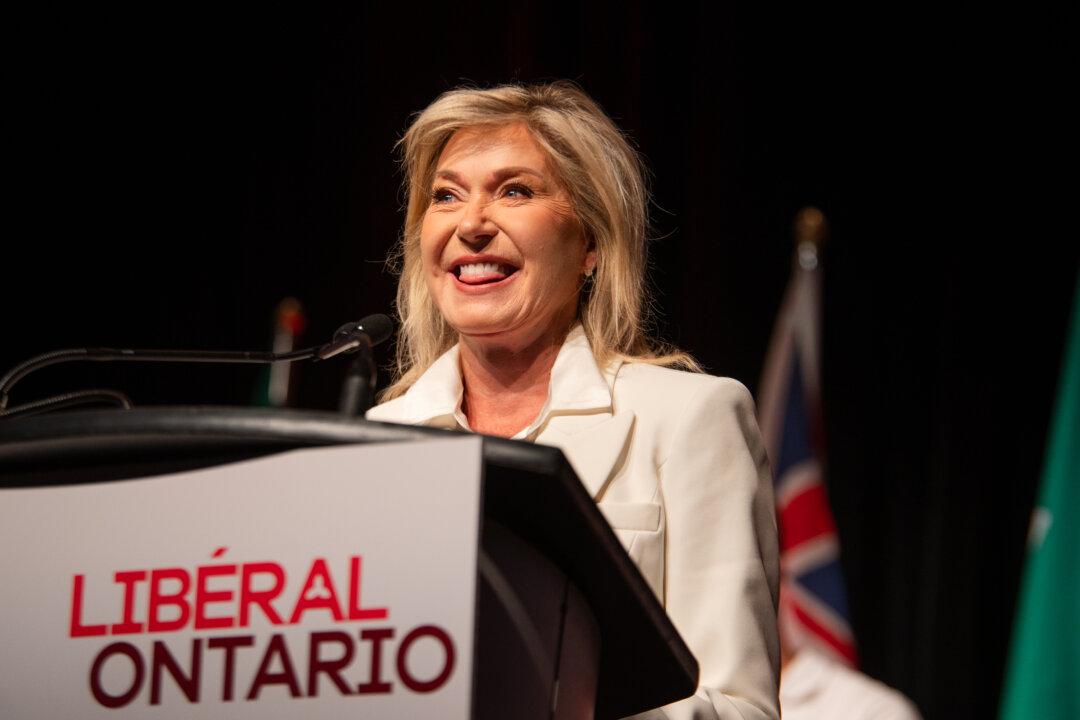TORONTO—Residents of Ontario’s long-term care homes begged on Tuesday to be allowed outside, saying anti-pandemic restrictions that have confined them indoors for more than a year make no sense given almost all have now been vaccinated.
Some compared their situations to solitary confinement, and urged the provincial government to act on what they called a gross violation of their basic human rights.





